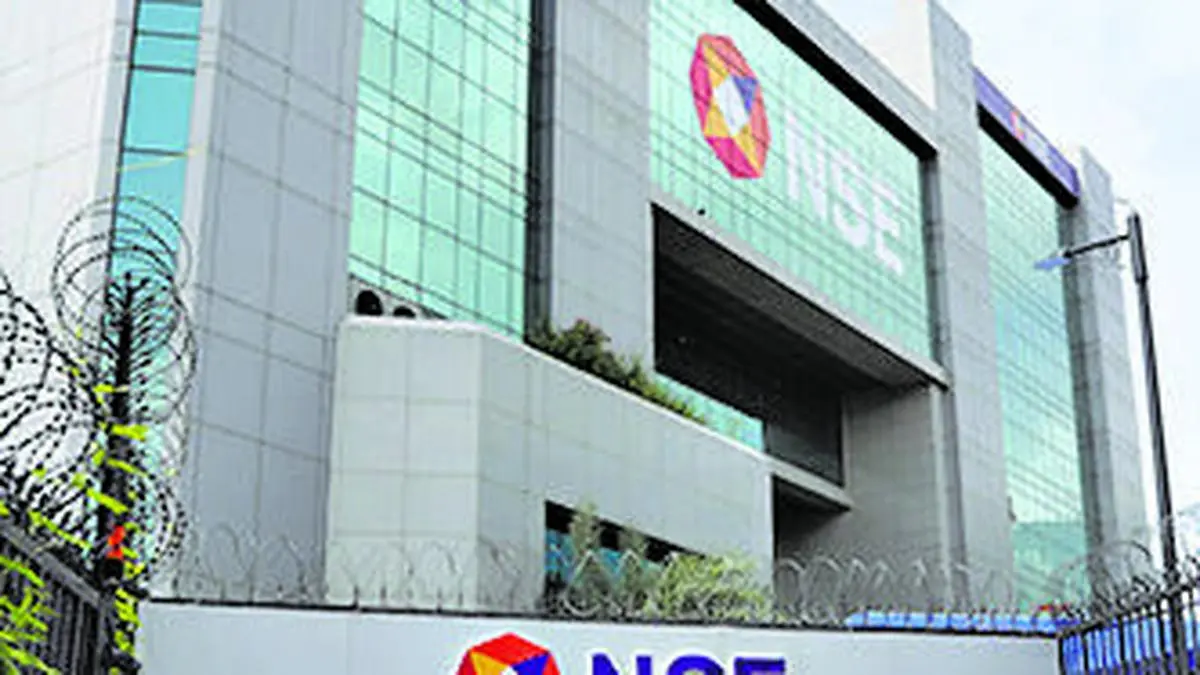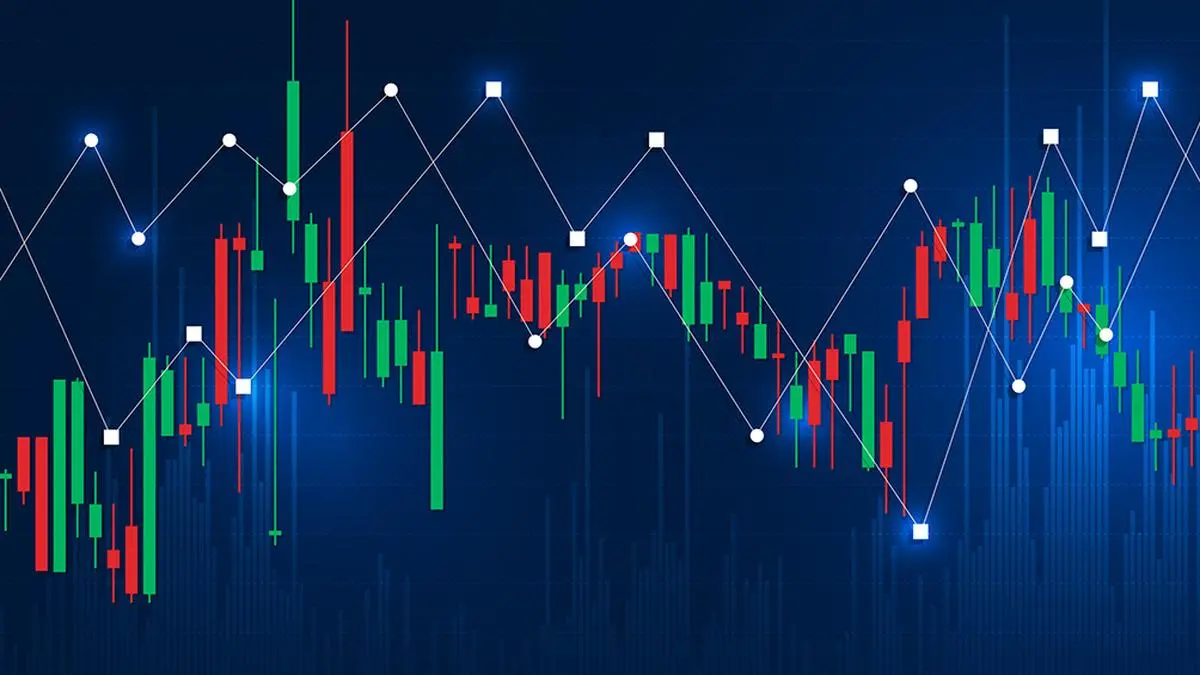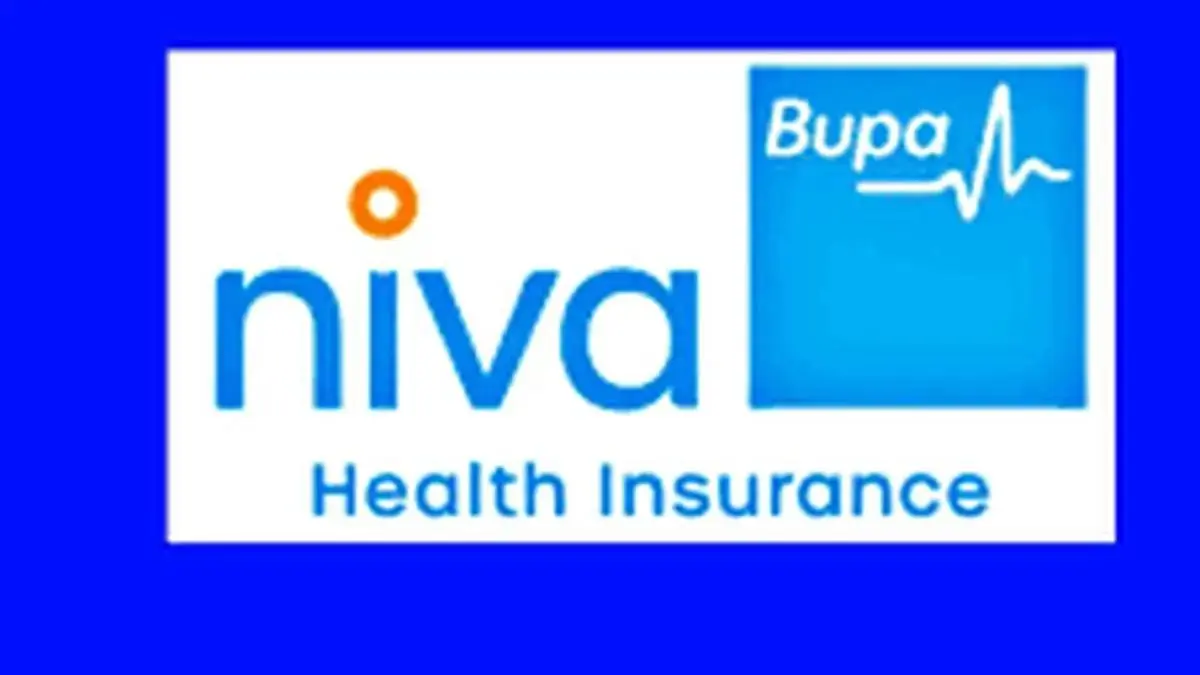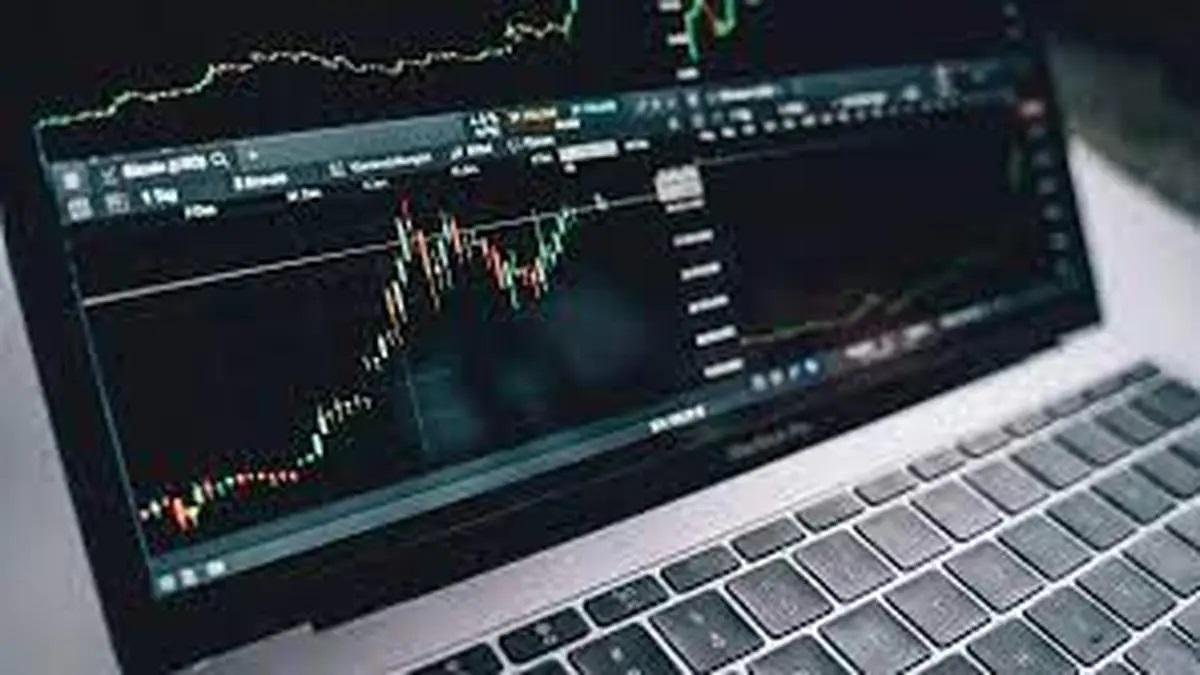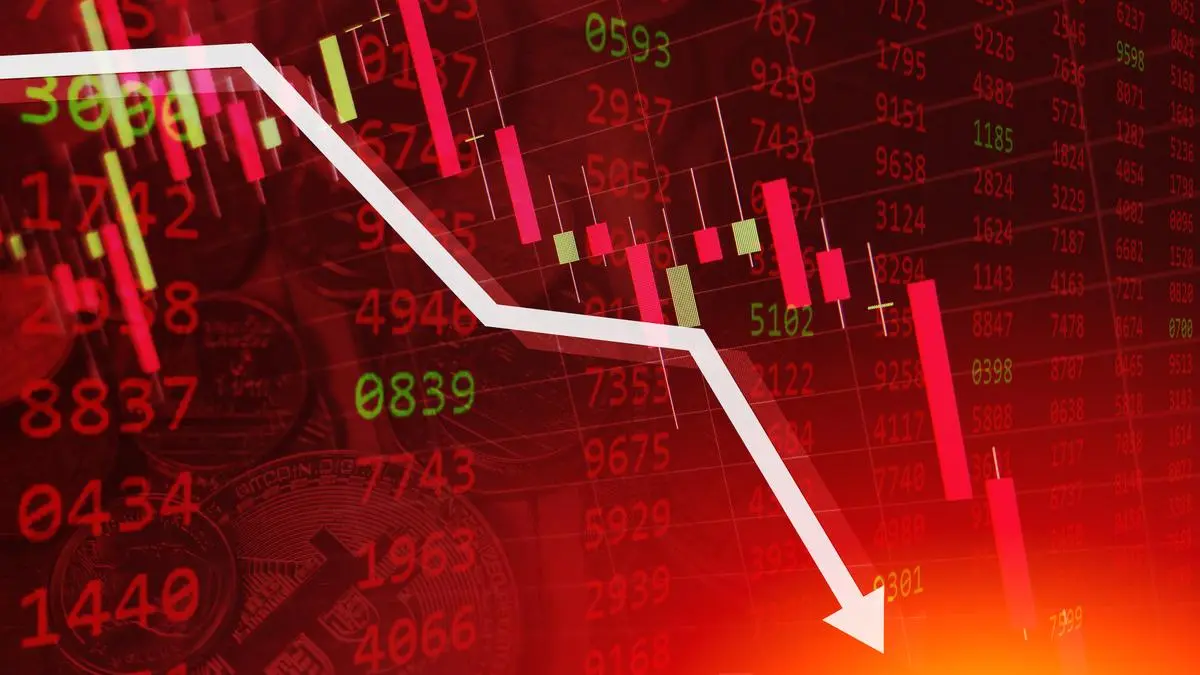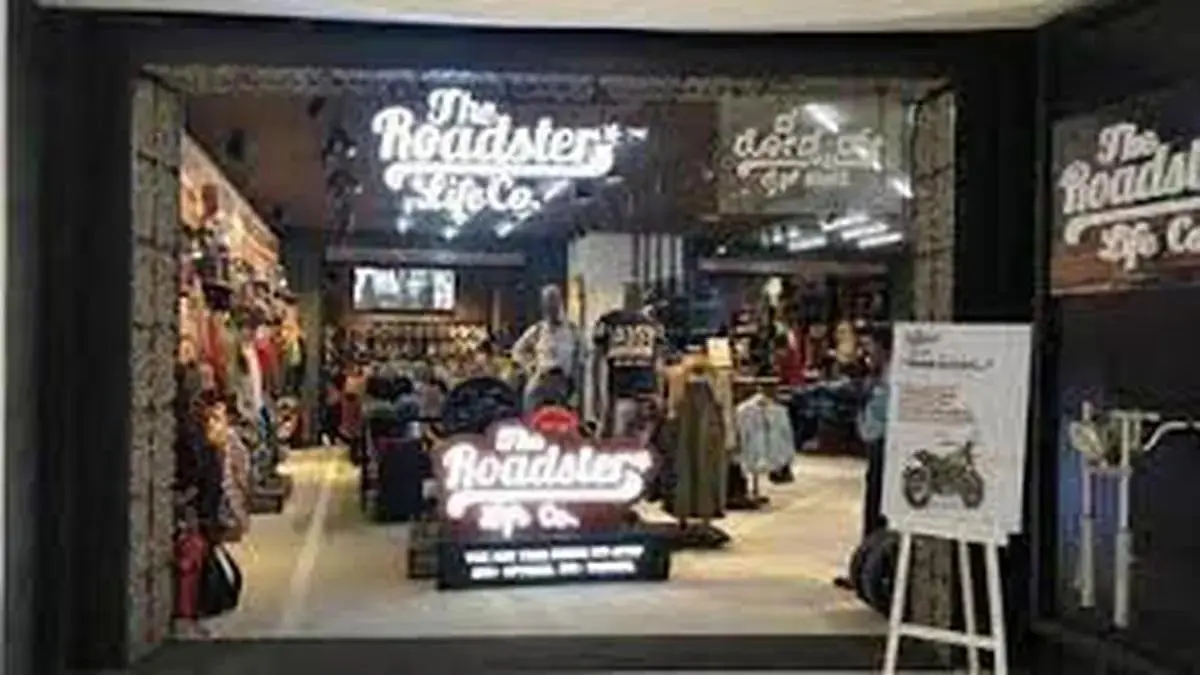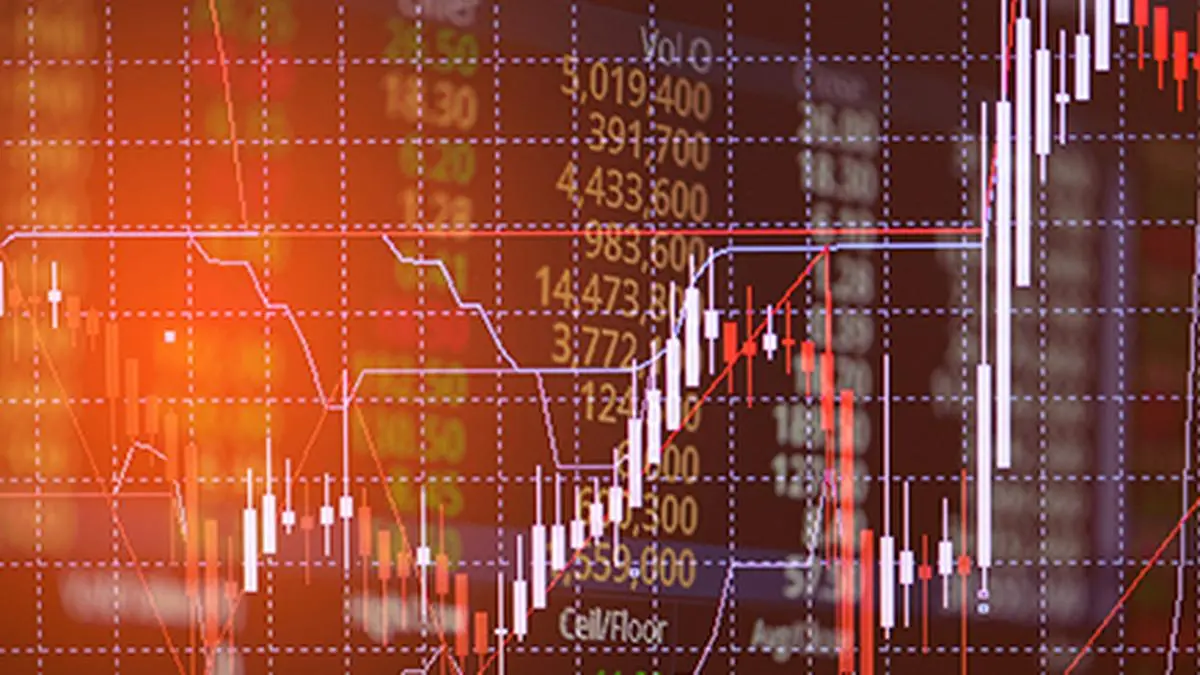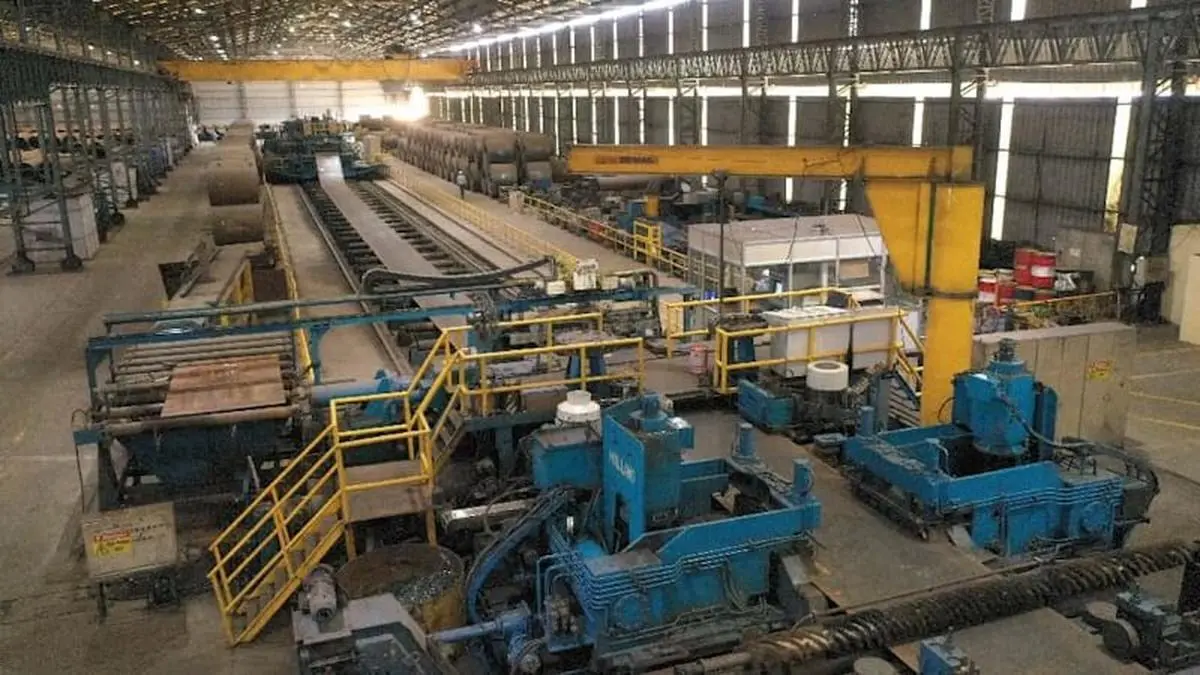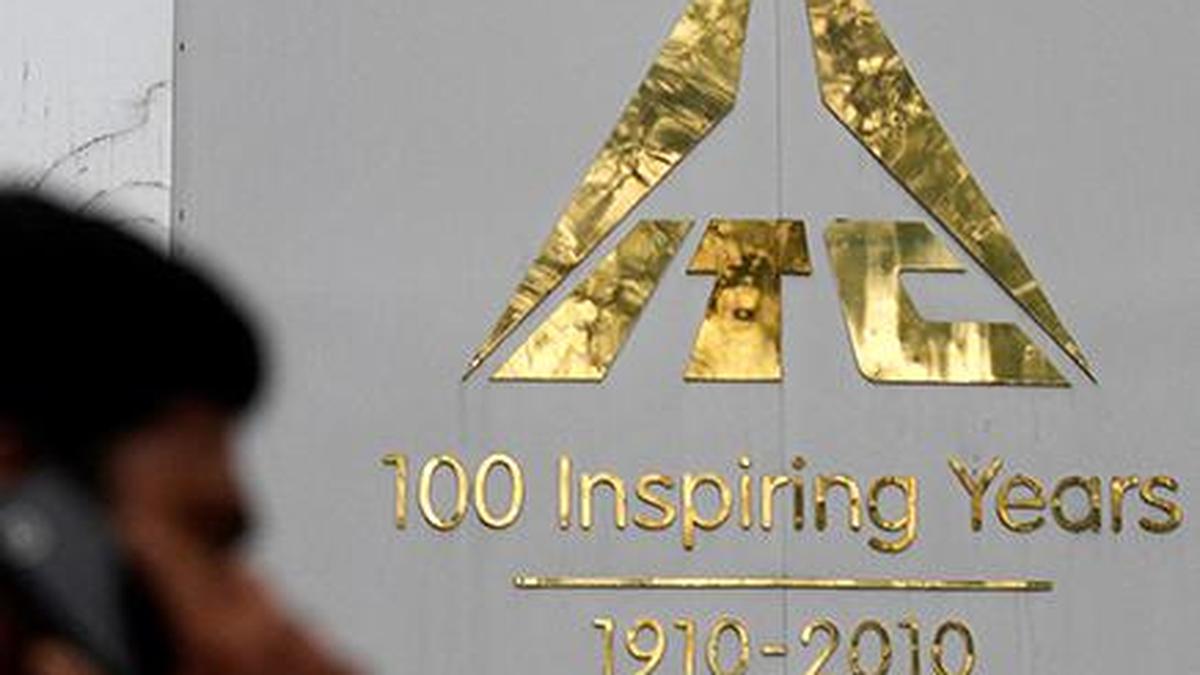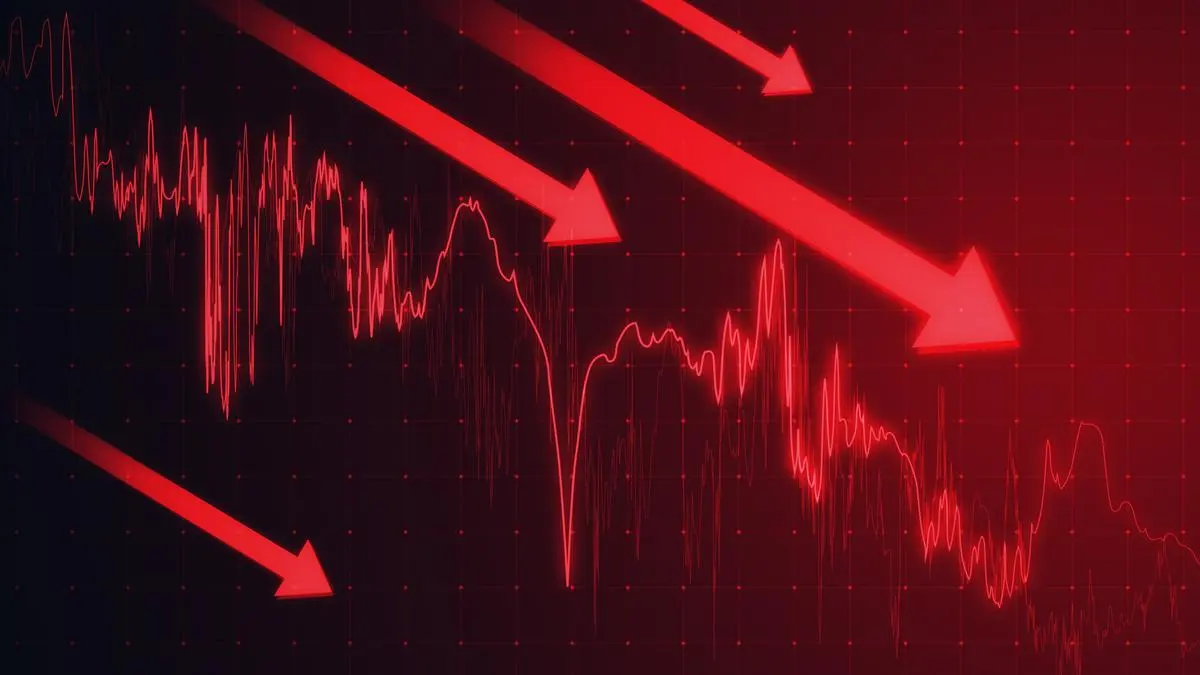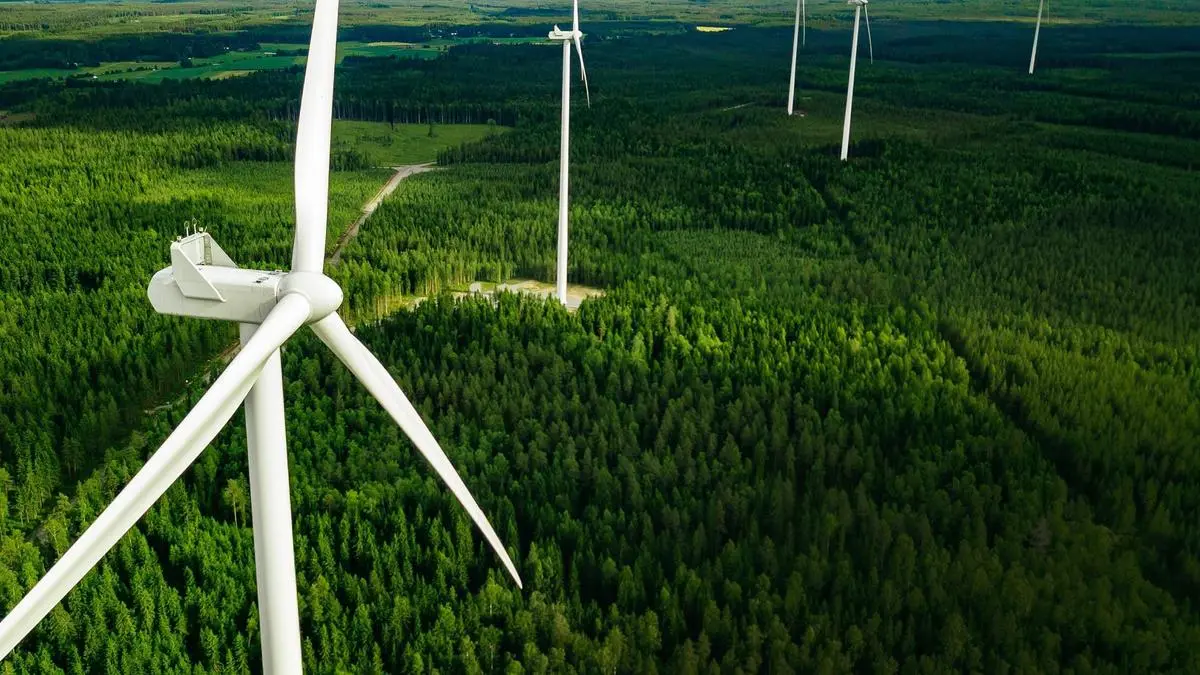FOREX
Is CoreWeave Stock a Buy Now?

Key Points
-
New AI stock CoreWeave had its initial public offering in March 2025.
-
High demand for AI computing power led to CoreWeave's first-quarter sales soaring more than 400% year over year.
-
The company anticipates sustained revenue growth, but CoreWeave faces financial risks, including operating at a loss.
Investing in today's stock market can be tricky given the volatile macroeconomic climate, fueled by the Trump administration's ever-shifting tariff policies. But the artificial intelligence sector remains a robust investment opportunity as organizations around the world race to build artificial intelligence (AI) capabilities.
Consequently, AI stocks provide the potential for great gains. One example is CoreWeave (NASDAQ: CRWV). The company went public in March at $40 per share.
Since then, CoreWeave stock soared to a 52-week high of $166.63 in June. This hot stock remains more than triple its IPO price at the time of this writing. Can it go higher?
Evaluating whether now is the time to grab CoreWeave shares requires digging into the company and unpacking its potential as a good investment for the long haul.
Reasons to consider CoreWeave stock
CoreWeave delivers cloud computing infrastructure to businesses hungry for more computing capacity for their AI systems. The company operates over 30 data centers housing servers and other hardware used by customers to train their AI and develop inference, which is an AI's ability to apply what it learned in training to real-world situations.
AI juggernauts such as Microsoft, IBM, and OpenAI, the owner of ChatGPT, are among its roster of customers. The insatiable appetite for AI computing power propelled CoreWeave's business. The company's first-quarter revenue rose a whopping 420% year over year to $981.6 million.
Sales growth shows no sign of slowing down. CoreWeave expects Q2 revenue to reach about $1.1 billion. That would represent a strong year-over-year increase of nearly 170% from the prior year's $395 million.
The company signs long-term, committed contracts, and as a result, it has visibility into its future revenue potential. At the end of Q1, CoreWeave had amassed a revenue backlog of $25.9 billion, up 63% year over year thanks to a deal with OpenAI. The company forecasts 2025 full-year revenue to come in between $4.9 billion and $5.1 billion, a substantial jump up from 2024's $1.9 billion.
CoreWeave's concerning downsides
Although CoreWeave has enjoyed massive sales success, there are some potential pitfalls with the company. For starters, it isn't profitable. Its Q1 operating expenses totaled $1 billion compared to revenue of $981.6 million, resulting in an operating loss of $27.5 million.





